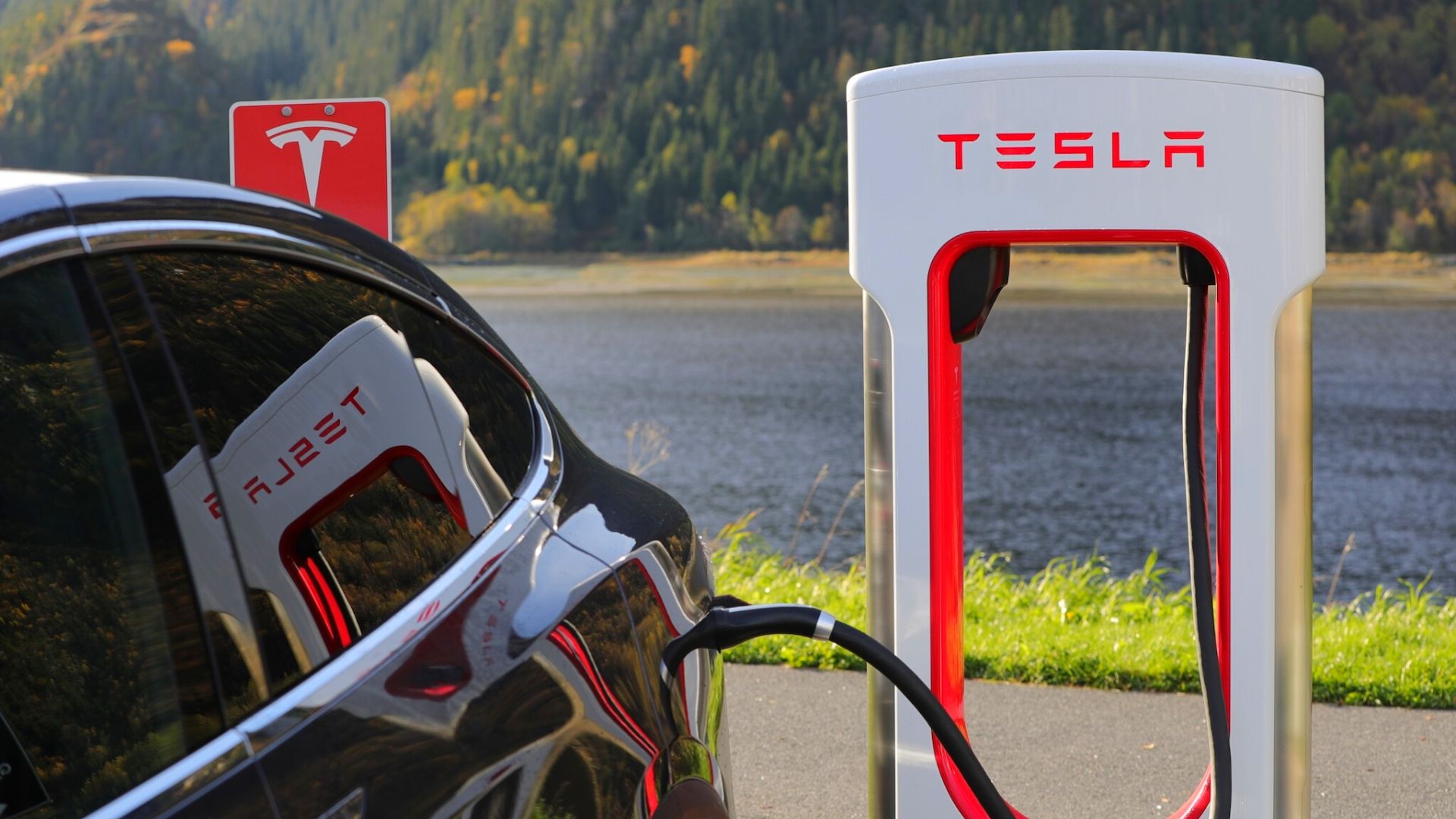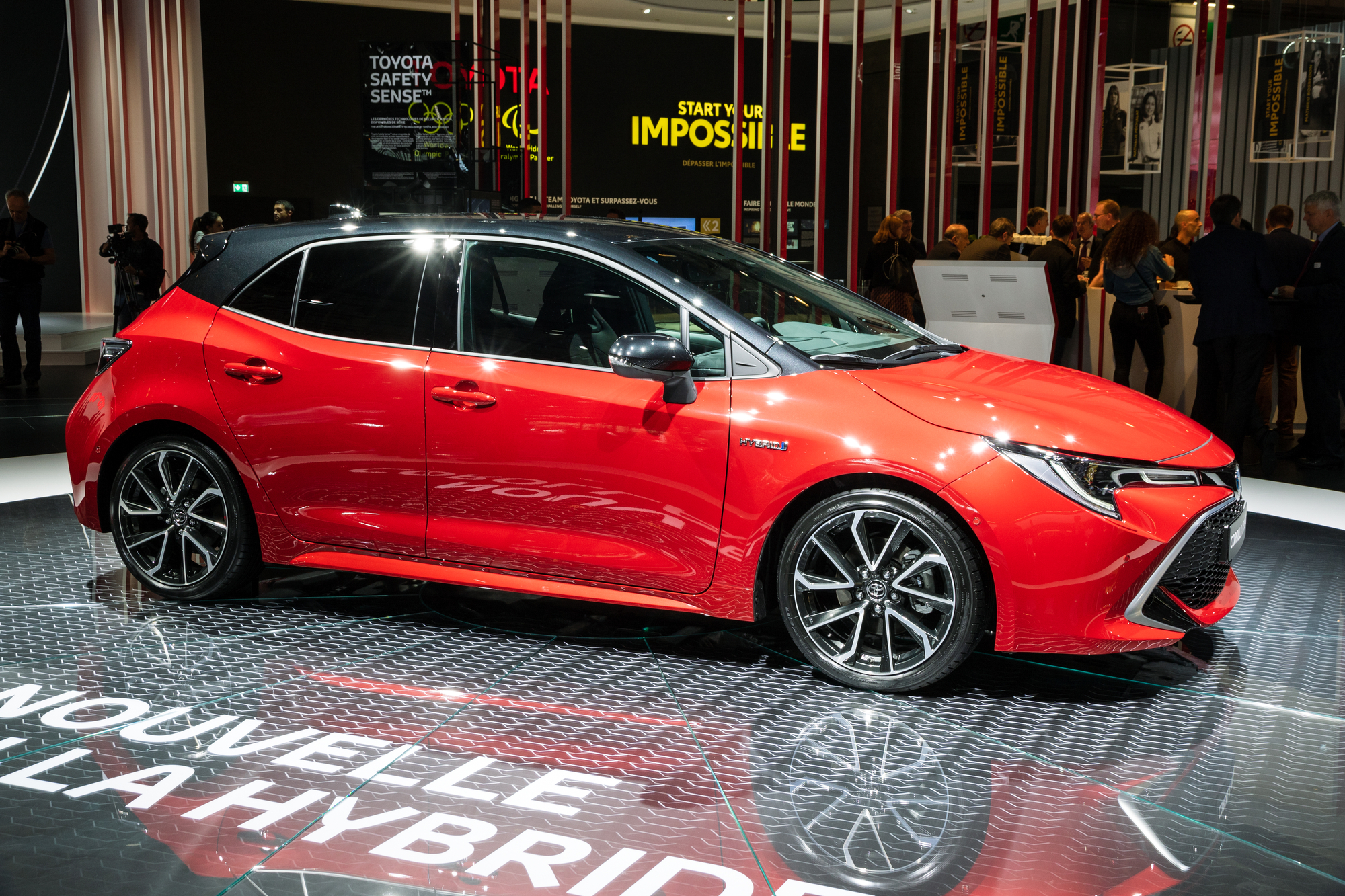The debate between electric vehicles (EVs) and gas-powered vehicles is one of the most pivotal discussions in the automotive industry today. As concerns about environmental sustainability, energy efficiency, and innovation continue to grow, consumers are increasingly faced with a critical choice: should they embrace the electric revolution or stick with the traditional internal combustion engine? This article compares electric cars versus gas cars to determine which might be the better option for the future of transportation.
Environmental Impact
Electric Vehicles: EVs are widely regarded as more environmentally friendly compared to their gas-powered counterparts. They produce zero tailpipe emissions, which significantly reduces air pollutants. Furthermore, as the grid becomes increasingly powered by renewable energy sources, the overall carbon footprint of EVs continues to decrease.
Gas-Powered Vehicles: Traditional vehicles rely on gasoline or diesel, emitting carbon dioxide (CO2), nitrogen oxides (NOx), and particulate matter that contribute to air pollution and climate change. Despite improvements in fuel efficiency and cleaner emissions technologies, gas-powered vehicles still have a notable environmental impact.
Energy Efficiency
Electric Vehicles: EVs convert over 60% of the electrical energy from the grid to power at the wheels, making them significantly more efficient than traditional vehicles. This high efficiency translates to lower operating costs over time.
Gas-Powered Vehicles: Internal combustion engines are less efficient, with only about 20% of the energy content of the fuel being converted into useful work to power the vehicle. The rest is lost as heat, making gas-powered vehicles more expensive to operate in terms of fuel costs.

Performance
Electric Vehicles: Many electric vehicles offer good performance in terms of acceleration and handling, thanks to the instant torque provided by electric motors and the low center of gravity due to battery placement. This makes for a smooth and responsive driving experience.
Gas-Powered Vehicles: Compared to electric cars, gas cars have stood the test of time and provide a more superior and responsive driving experience, with instant torque and sheer power that can be crucial in various driving conditions. The maturity of internal combustion engine technology also means that gas cars benefit from a vast ecosystem of maintenance and repair services, making them more convenient to maintain over their lifespan.
Range and Infrastructure
Electric Vehicles: One of the main concerns with EVs is range anxiety. However, battery technology is rapidly advancing, and many new models offer ranges that are comparable to or even exceed that of gas-powered vehicles. The charging infrastructure is also expanding, although it still lags behind the convenience of gas stations.
Gas-Powered Vehicles: Gas vehicles shine when it comes to range and refueling infrastructure. With a mature and ubiquitous network of gas stations, refueling is quick and easy, making long trips more convenient for the time being.
Cost and Maintenance
Electric Vehicles: The upfront cost of EVs can be higher than gas-powered vehicles, but this is increasingly offset by tax incentives, lower operating costs, and less maintenance (no oil changes, for example). Battery replacement costs have been a concern but are expected to decrease with technological advancements.
Gas-Powered Vehicles: While traditionally cheaper upfront, the maintenance and operational costs of gas-powered vehicles can be higher over the vehicle’s lifetime. Frequent maintenance tasks, such as oil changes, and the rising cost of fuel contribute to the total cost of ownership.
So, Which One Is Better?
Electric cars versus gas cars: which one is better? Determining which type of vehicle is “better” largely depends on individual priorities and the specific criteria one considers most important. For those prioritizing environmental sustainability and long-term savings, electric vehicles are a compelling choice. Conversely, for those who value better performance, affordability, practicality and longer range capabilities, gas-powered vehicles currently maintain the upper hand.
As technology progresses, the gap between these two options continues to narrow, making the choice less about compromises and more about personal preference. Ultimately, the shift toward electric vehicles seems inevitable as they align with global efforts to reduce carbon emissions and embrace renewable energy. However, gas-powered vehicles are not disappearing any time soon and will continue to play a role in the automotive landscape for years to come.
In an era increasingly defined by environmental consciousness and technological innovation, the electric vehicle (EV) market is poised for unprecedented growth in 2024. Learn more here: Electric Vehicle Sales Projected to Surge in 2024














